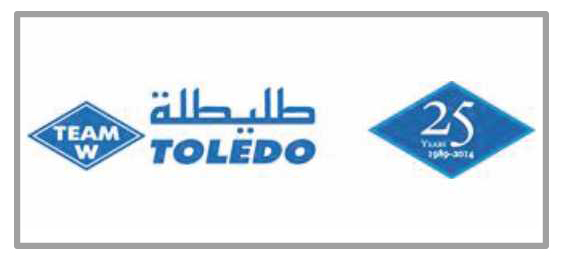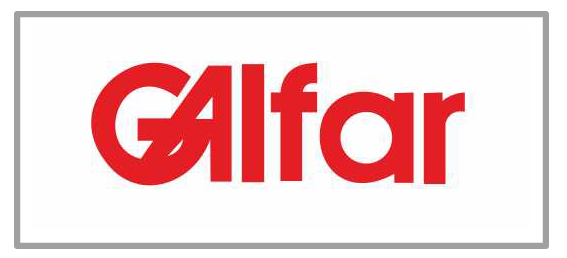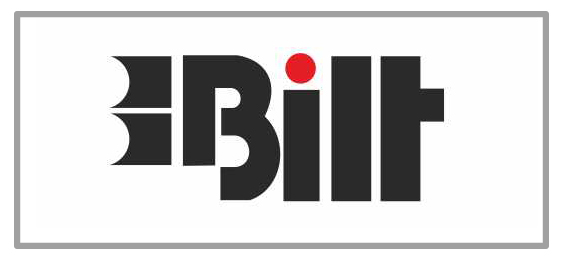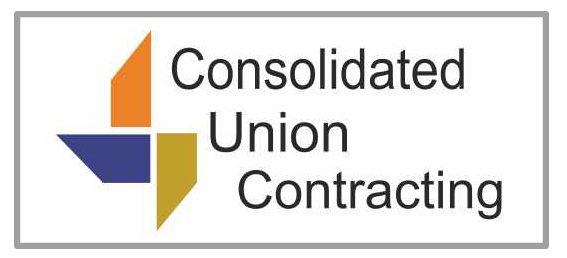How to get a new Job Fast
If you’re searching for a new job, you’re not alone. Seventy-one percent of workers are workers are either actively looking or interested in finding a new position, For many, the process of finding new work can be tedious at best and soul-deadening at worst.
Few people want to wait that long to find a new job. If your current position is unbearable (you hate your boss, your company is massively dysfunctional, your commute is killing you), feeling that you’re at the mercy of the job market can be incredibly frustrating. If you’re out of work, waiting months to find a job may not even be an option. In either case, you need a new job, and you needed it yesterday.
Fortunately, there are some steps you can take to accelerate your job search. Here are five things you can do that will help you get hired faster, so that you can get your career – and your life – back on the right track.
1. Time your search right
Some seasons are more favourable for job searchers than others. Obviously, if you need work right away, you don’t have the luxury of waiting to look for a job. But if you’re itching for a change, you might want to start your search at a time of year when companies are more likely to be looking for new employees.
The big months for hiring are January and February, and late September and October. Job seekers who make contact right at the start of these cycles have the best chance of being hired.
Hiring often slows down in the summer, since many people are out of the office. If you’re thinking about looking for a new job now, consider spending the next month or two fine-tuning your resume, updating your LinkedIn profile, and building your network. Then, you can hit the ground running when hiring kicks into high gear around Labour Day.
2. Show employers what you’ve done
You know that “goals and objectives” statement at the top of your resume? Skip it, say experts. Your goal is obvious, after all – you want a job. Instead, use a summary statement that focuses on your past accomplishments. Show hiring managers and interviewers what you’ve done in the past and how that will make you a better employee for them.
3. Show employers what you’ve done
You know that “goals and objectives” statement at the top of your resume? Skip it, say experts. Your goal is obvious, after all – you want a job. Instead, use a summary statement that focuses on your past accomplishments. Show hiring managers and interviewers what you’ve done in the past and how that will make you a better employee for them.
4. Volunteer
Dedicating some of your time to helping others could make it much easier to find a job, according to a 2015 study published in the Journal of Career Assessment. The study looked at 265 unemployed twenty something and found that those who volunteered were more likely to have a job after six months than those who didn’t. Even volunteering for just an hour a week was associated with a greater chance of finding a job.
One reason that volunteering may so useful for young people looking for a job is that it demonstrates to employers that they have specific job-related skills – skills they may not be developing in college
5. Clean up your social media
You should really know this by now, but here’s a reminder just in case you forgot: There’s a very good chance your potential employer is checking out your social media profiles. Forty-three percent of employers are researching candidates on social media, according to a CareerBuilder survey. If they don’t like what they see, it could cost you the job.
What social media behaviours turn off employers? Nearly half said they’d pass on an applicant who posted “provocative or inappropriate photographs or information.” Other social media no-no’s included:
- Sharing information about drinking or using drugs
- Bad-mouthing an employer or co-worker
- Making racist, sexist, or other discriminatory comments
- Sharing confidential information
- Having an unprofessional screen name


































